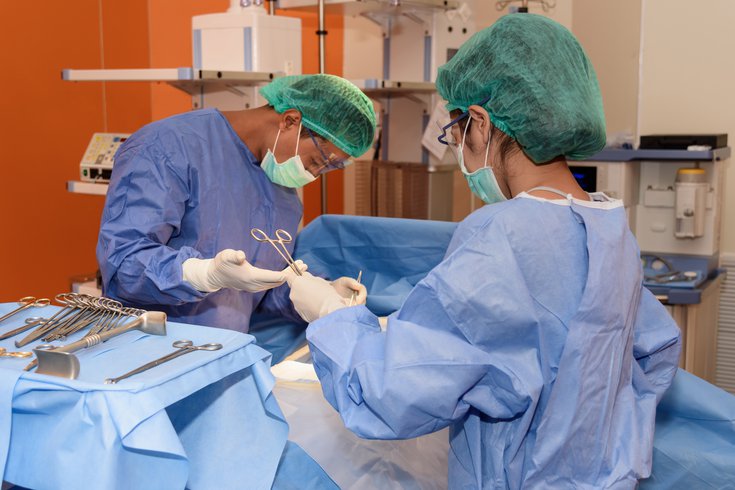
June 08, 2020
 Source/Image licensed from Ingram Image
Source/Image licensed from Ingram Image
People with COVID-19 who need surgery are at higher risk of dying within a month of the procedure, a new study finds.
Surgery patients with COVID-19 die at similar rates to people admitted to intensive care units with SARS-CoV-2, according to a new study.
Researchers found that 24% of 1,128 surgical patients with COVID-19 died within 30 days. Deaths were highest among patients who had a major procedure, like a hip replacement or cancer surgery. About 27% of such patients died.
Similarly, 26% of COVID-19 patients who had emergency surgery died. But so did 16% who had minor surgery and 19% who had elective surgery.
The findings of the study were published in The Lancet.
"We recommend that thresholds for surgery during the SARS-CoV-2 pandemic should be raised compared to normal practice," co-author Aneel Bhangu, of the University of Birmingham in the United Kingdom, said in a statement. "For example, men aged 70 years and over undergoing emergency surgery are at particularly high risk of mortality, so these patients may benefit from their procedures being postponed."
In Pennsylvania, elective surgeries were prohibited for more than a month due to the coronavirus pandemic. Many other states also halted elective procedures. Pennsylvanian hospitals can again schedule them as long as they follow recommended guidelines.
"The decision in most hospitals to postpone elective surgery was made to both protect our patients as well as increase capacity to take care of the COVID-19 patients during the peak of the pandemic," Massachusetts General Hospital surgeon Dr. Haytham Kaafarani, who was involved in the study, told U.S. News & World Report.
"The high mortality and morbidity rates of the elective surgery patients in this study is proving that the decision was sound, as we would normally expect mortality for patients having minor or elective surgery to be under 1% to 3%."
Within a month of surgery, about 51% of patients had developed pneumonia, acute respiratory distress syndrome or needed unexpected ventilation.
Men were more likely than women to die after surgery. Being older than 70 and having a pre-existing medical condition also were contributing risk factors, the researchers found.